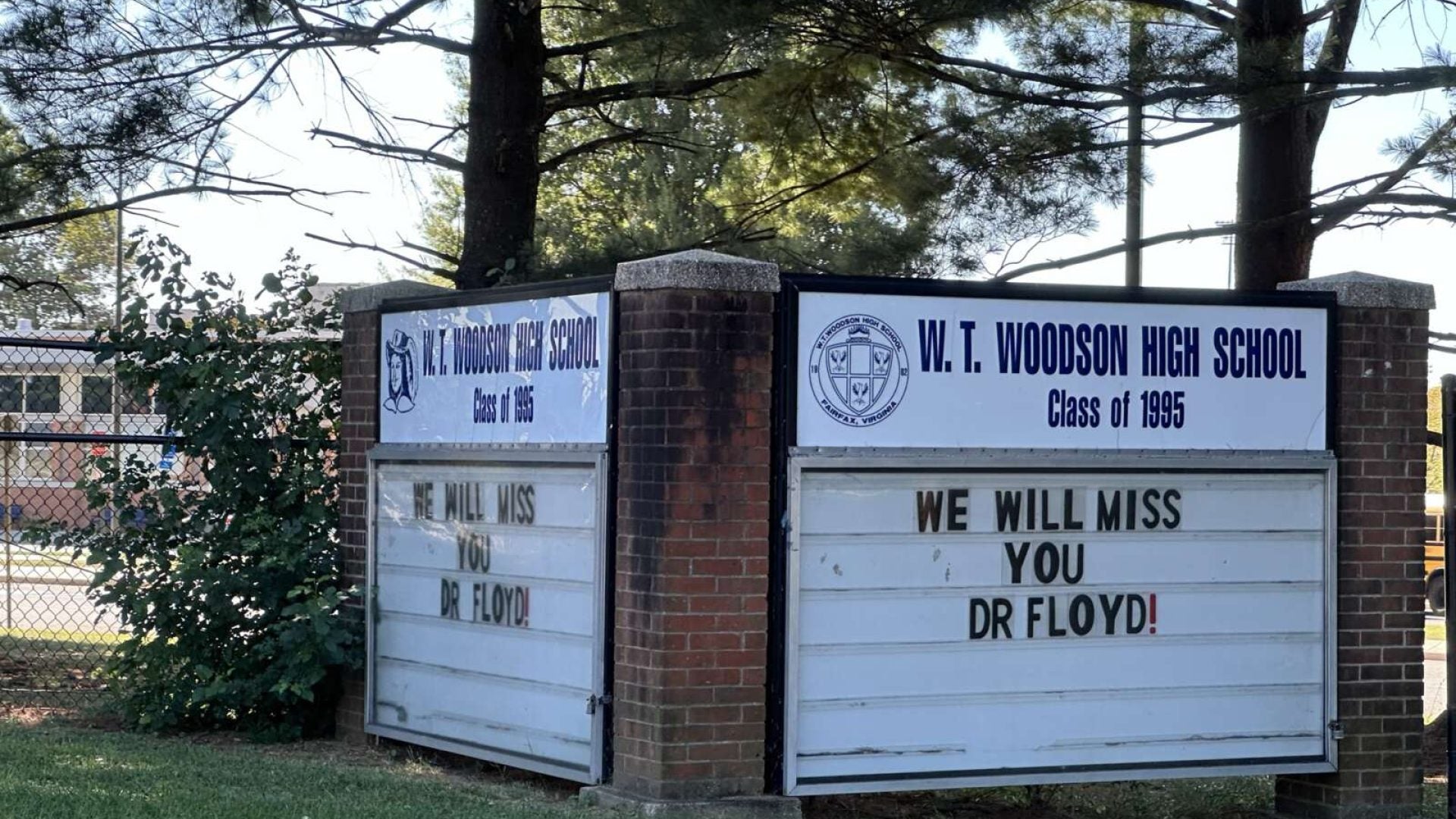
A school in Virginia once named for a known segregationist will now be renamed for the pioneer of Black History Month, Carter G. Woodson.
Initially named W.T. Woodson High School when it was opened in 1962, the school will now be known as Carter G. Woodson High School starting in the 2023-2024 school year after a November 9 vote by the Fairfax,VA school board.
According to Patch, the decision to change the name of the Virginia high school emerged from concerns raised by students, parents, and community members about W.T. Woodson’s historical opposition to school integration.
“The order to desegregate schools is highly improper and infringes on human rights,” W.T. Woodson wrote in 1959 after the “Brown V. Board of Education” decision. “To force integration of schools is to force social mixing since attendance in public schools is usually compulsory. It takes advantage of the immaturity of children in that it tends to use it to force upon both parents and children social adjustments to which so many parents strongly object.”
According to Fairfax County Public Schools policy, the board has extensive authority to alter the name of a school or building to foster an inclusive or courteous environment. Patch reports that they have already changed the titles of two high schools initially named after Confederate officers.
Megan McLaughlin, who oversaw the public engagement process and presented the renaming proposal alongside Abrar Omeish, told the publication, “Through multiple community meetings, public hearings, and online feedback forms, we have engaged in rich discussion and gained a deeper understanding about our shared history.”
Omeish emphasized the importance of correcting historical wrongs and avoiding complicity in perpetuating harmful narratives.
“[W.T. Woodson] perhaps wasn’t Robert E. Lee or J.E.B. Stuart, but he was someone who enabled through his power and inaction, having that power, did the wrongs of our past. That makes us reflect. What are the many ways that we continue to be complicit as a system as individuals in various harms unfolding in our society,” Omeish said.
Omeish also discussed the importance of creating narratives that increase diversity, saying, “It’s meaningful that Carter G. Woodson, being considered the Father of Black History, someone who contributed to the idea of an African American History Month, that that solution is through education.”
“I want us to take a moment to also appreciate what that requires. That resources, energies, blood, sweat, and tears were spent not only to develop but then to push forward and try to raise year after year after year the importance of creating these narratives so that a child in school’s first exposure to black people is not enslavement,” Omeish added.